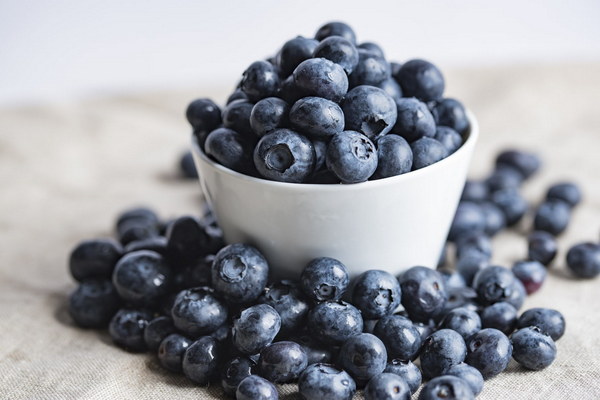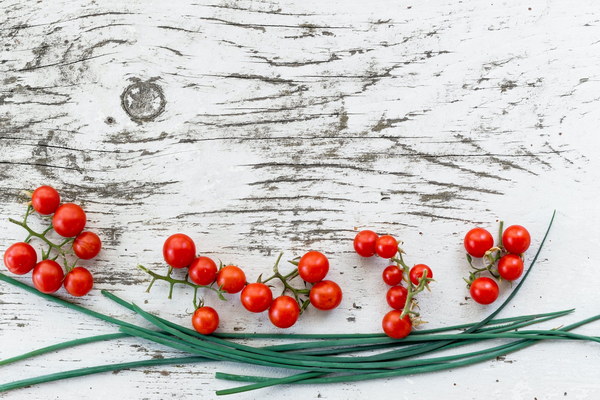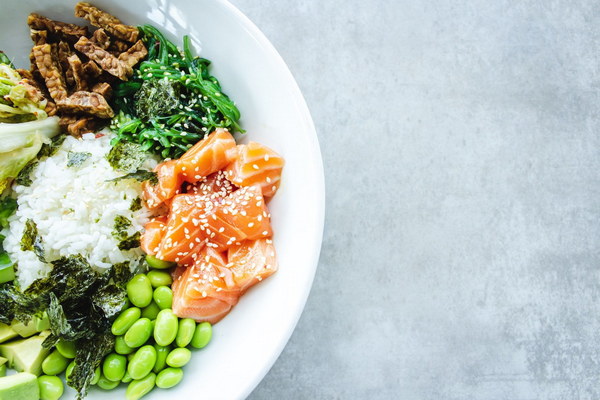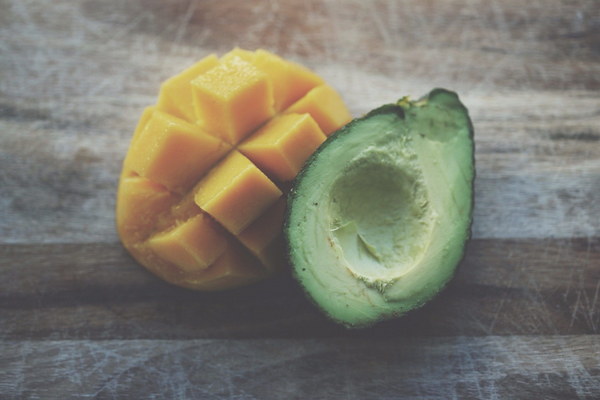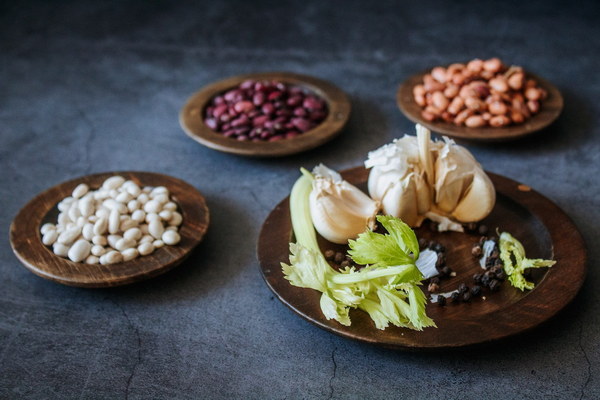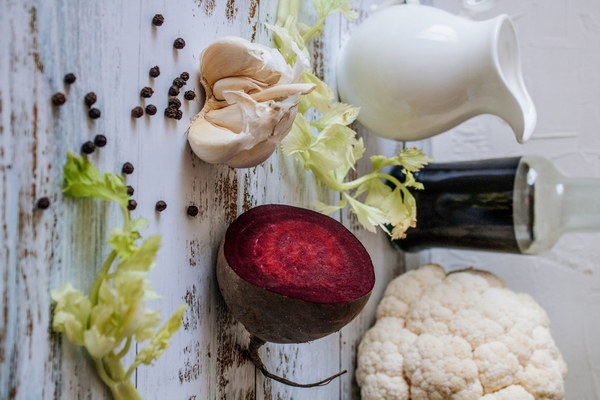Revitalize Your Health Discover the Power of Tonifying Qi, Nourishing Blood, and Drying Dampness Medicines
In the realm of traditional Chinese medicine (TCM), there are certain herbs and formulas known for their ability to tonify Qi, nourish blood, and dry dampness. These medicinal remedies have been used for centuries to address a variety of health issues, from fatigue and weakness to joint pain and digestive disorders. In this article, we will delve into the world of these remarkable herbs and formulas, exploring their properties, benefits, and how they can contribute to your overall well-being.

Understanding the Concept of Tonifying Qi, Nourishing Blood, and Drying Dampness
In TCM, Qi (vital energy), blood, and dampness are fundamental components of health. When these elements are in balance, one experiences vitality, strength, and comfort. However, when there is an imbalance, various health issues may arise. Here's a brief overview of each concept:
- Tonifying Qi: Qi is the vital energy that animates the body and maintains its physiological functions. A deficiency in Qi can lead to weakness, fatigue, and a general feeling of malaise.
- Nourishing Blood: Blood is responsible for nourishing the tissues, organs, and skin. Blood deficiency can result in anemia, fatigue, paleness, and weakness.
- Drying Dampness: Dampness is a substance that can accumulate in the body, leading to a variety of symptoms, such as joint pain, swelling, and digestive issues.
Herbs and Formulas for Tonifying Qi, Nourishing Blood, and Drying Dampness
Numerous herbs and formulas have been traditionally used to address imbalances in Qi, blood, and dampness. Here are some of the most notable ones:
1. Astragalus (Huang Qi): This herb is a well-known Qi tonic, often used to boost the immune system and improve overall vitality. It is commonly found in formulas for fatigue, weakness, and immune-related conditions.
2. Codonopsis (Dang Shen): Similar to Astragalus, Codonopsis is another popular Qi tonic. It is often used to enhance energy levels and support the immune system, as well as to treat chronic fatigue and weakness.
3. Chinese Peony (Mu Dan Pi): This herb is a blood-nourishing agent that is commonly used to treat anemia, palpitations, and dizziness. It also has astringent properties, making it useful for excessive menstrual bleeding.
4. Poria (Fu Ling): Poria is an excellent dampness-drying herb that is often used in conjunction with other herbs to treat dampness-related conditions, such as joint pain, edema, and digestive issues.
5. Rehmannia (Shu Di Huang): This herb is a blood-nourishing agent that is often used to treat anemia, weakness, and fatigue. It is also used in combination with other herbs to support the kidneys and improve reproductive health.
6. Siler (Fu Ling): Similar to Poria, Siler is a dampness-drying herb that is often used to treat joint pain, edema, and other dampness-related conditions.
7. Angelica (Dang Gui): This herb is a blood-nourishing agent that is commonly used to treat anemia, fatigue, and menstrual disorders. It is often combined with other herbs to enhance its effects.
Benefits of Tonifying Qi, Nourishing Blood, and Drying Dampness Medicines
The use of tonifying Qi, nourishing blood, and drying dampness medicines can have several benefits, including:
- Enhanced Energy Levels: By tonifying Qi, these medicines can help you feel more energetic and alert throughout the day.
- Improved Blood Health: Nourishing blood can lead to better overall health, including improved skin tone, energy levels, and reduced fatigue.
- Relief from Dampness-Related Symptoms: Dampness-drying herbs can help alleviate symptoms such as joint pain, edema, and digestive issues.
- Strengthened Immune System: Many of these herbs have immune-boosting properties, making them an excellent choice for preventing and treating infections.
Conclusion
Tonifying Qi, nourishing blood, and drying dampness medicines offer a natural and effective way to address imbalances in the body. By incorporating these herbs and formulas into your wellness routine, you can improve your overall health and well-being. Always consult with a qualified TCM practitioner before starting any new treatment to ensure it is appropriate for your specific needs.

